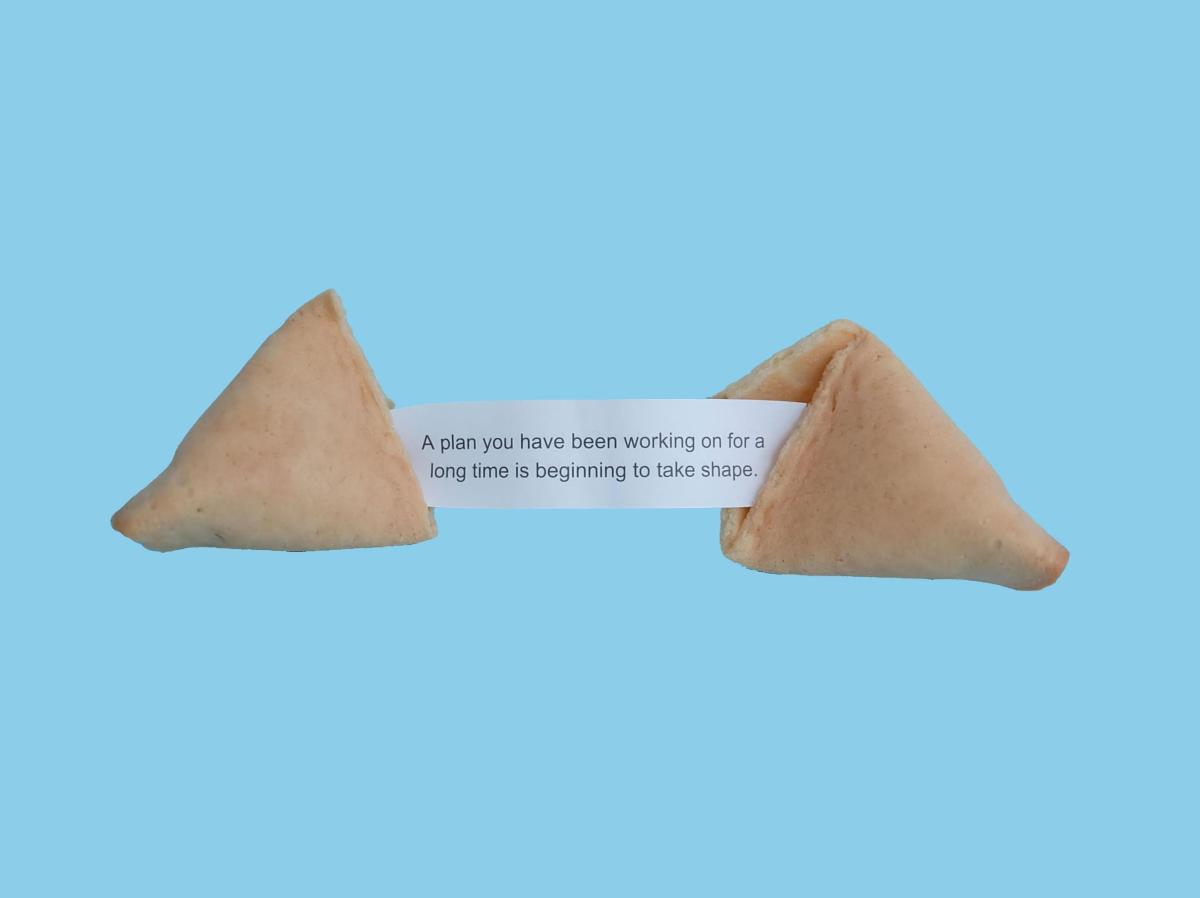Regardless of whether you’re anxiously awaiting your Year 12 exam results and your corresponding Australian Tertiary Admission Rank, or whether you’re a mid-career artist weighing up a return to tertiary study, selecting the course and institution that’s right for you is not an easy decision to make. The difference in ages and experience aside, everyone in such a position is united by the common factor of uncertainty.
To assist, we put the question, ‘What is the one key piece of advice you would offer secondary school students to help them in making the best decision for their tertiary study options?’ to a range of educators and arts industry professionals around the country.
Here are their responses, in the hope that their advice helps make your impending and important decision just that little bit easier.
STUDY WHAT YOU’RE MOST PASSIONATE ABOUT
‘Follow your heart. I know it sounds cheesy, but if you study what you are most passionate about – and don’t worry about what your parents want you to do, or what society wants you to do – everything will fall into place. Do things with honesty, integrity and fervour and the rest will get taken care of. The universe is great like that. Also, reach out to creatives and have a chat with them, they’re always happy to give advice and pathway options.’ – Amber Smith, former LCI Melbourne student, now Curator and Visual Arts Programmer, Courthouse Youth Arts
Read: How practical experience can launch your visual arts career
DON’T FOLLOW YOUR FRIENDS
‘This one will sound harsh at first, but it’s really important – don’t follow your friends. Instead, you should follow your heart. Study something that makes you want to work all night, talk about all day long and that holds your attention beyond anything else.
‘Remember, learning is continuous and in your lifetime you’ll have the opportunity to build on, or explore, or even redirect what you’ve already learned; so your first step should be choosing to study something that really inspires you. Find your passion and follow your heart. – Greg Ackland, Principal Lecturer of Visual Art at TAFE SA
Read: Combine arts practice with academic rigour to realise your creative dream
BE DETERMINED
‘Find something that you are passionate about. If you can really make a career about something you are passionate about, you’ll never have to do a day’s work in your life. [And if you’re aspiring to be a classical musician] be very aware of what it entails to be a classical musician. What you see is the tip of the iceberg when you go to a concert. You see someone performing and the accolades and success but there is a lot of hard work behind that. A lot of blood, sweat and tears.
‘But then again, if you really want to be a musician, I think nothing can stop you. But if you are not sure about it, that’s where you need sound advice, because you do need a high level of determination to make it work.
‘If you want an easy profession, choose law or medicine. Usually the people we deal with are quite well into having made that decision. But I do believe that. It is an incredibly rewarding profession – I have been performing for 30 years but I would do it if I wasn’t paid for it. That’s the difference. I was on a concert tour last week and if there was no money involved I still would have done it because it is absolutely what I am passionate about it.’ – Nick Deutsch, Artistic Director, Australian National Academy of Music
Read: The course that produces musical leaders, not just great performers
BE FULLY INFORMED
‘I would encourage students to do lots of research on different institutions and the courses they offer so that they are fully informed of the options. Use the interview or audition process to get a feel for the school and decide whether it seems like a good fit for them. For students looking to study abroad in the UK, it is important to understand the support services in place that can aid the transition of studying in a new country. At Central, for instance, we offer an International Pre-Course, which is really helpful in introducing the school but also helping acclimatise to living in London.’ – Scott Bellamy, Student Recruitment Marketing Manager, The Royal Central School of Speech and Drama, University of London
Read: ‘Theatre with a purpose’: studying art for social change
EXPLORE INDUSTRY CONNECTIONS
‘Make sure you study something that allows you to combine your passion with real career opportunities. Studying at an institute that has industry connections will bridge the gap between being a student and a working professional. So this is something really important to consider when deciding what and where you want to study.’ – Daniel Boetker-Smith, Course Director, Photography Studies College
Read: Mentor me: This new photography Masters offers next-level networking
HAVE THE APPROPRIATE SKILLS
‘I would say that they should choose something they enjoy and are genuinely interested in, as well as something they can see a future career in. Personally I think that unless they have a really clear idea of what they want to study, to possibly delay tertiary study for a while and get some work/life experience. Also if they are thinking about a career in the Creative/Media industries it’s really important to ensure they have the appropriate practical skills as well as the academic knowledge/rigour – whether that’s gained through on-the-job training, attachments, internships or short courses.’ – Wendy Gray, Head, Industry Program at AFTRS
Read: Industry connections make AFTRS an industry leader in media education
KNOW YOUR EDUCATION PROVIDER
‘The same qualification can be experienced very differently – find out how education providers deliver their courses so you can make the choice that’s right for you.’ – Mark Gaal, Director of Vocational Studies at NIDA
Read: Creative magic: the art of collaboration
FEEL THE DIFFERENCES
‘Visit as many colleges as possible in order to get a “feel” for the differences. Some students thrive in large universities whereas others feel irrelevant and unnoticed. Some students prefer the atmosphere of smaller institutions where they are less intimidated and far more involved in the college life. Look for the college that best suits your interests and needs and not be influenced by the “noise” of an institution but more the sense of place and belonging.’ – Martin Cass, Founder, JMC Academy
Read: How goal-based projects can help kickstart your arts career
FIND A COURSE THAT REALLY LETS YOU THINK
‘The wonderful thing about studying and teaching in this area [of social justice and human rights] is you give yourself time to actually reflect and to think about the information we access in a deeper way than what we have time for in our daily lives … [when] we have access to so much information right now that it’s actually pretty overwhelming.’ – Caroline Fleay, Associate Professor, Curtin University
Read: 5 ways a human rights degree can shape your career path
VERSATILITY IS IMPORTANT
‘To be a [professional] dancer you need to dance a lot so make sure it has lots of practise hours with variations in technique; you may change your mind about what sort of dancer you want to be along the way, so I believe developing versatility is important. Also, make sure the course has great teachers that have worked professionally in the industry.’ – Michael Whaites, Artistic Director, LINK Dance Company, WAAPA
Read: Jeté over the gap between dance training and professional practice
LOOK BEYOND YOUR COURSE
‘At Western Sydney University we encourage secondary students to look beyond their course of choice for ways they can contribute to broader university life. We are firm believers in developing skills in critical thinking and networking, which is embedded in how we teach and high-tech campuses, and offer internships and international study opportunities through initiatives such as the Western Sydney Solar Team and United Nations programs.’ – Angelo Kourtis, Vice-President, People Advancement, Western Sydney University
Read: After the hard work of HSC, get your True Reward
BE AUTHENTIC TO YOUR INTERESTS
‘Put your authentic first choice, first! And pick a degree based on your interests. There’s nothing worse than ending up doing something you dislike because life’s too short. And you’re likely to do well in subjects that you have a passion for, which will potentially lead to you being a better candidate at an interview.
‘There’s no dream or ideal job out there because that will be created by you. And you may not be able to do it in your first job out of university but you will bring passion and initiative to your work. This will allow you to make it your own and carve it into a job that makes you excited about coming to work and making your mark.’ – UTS Media Arts & Production senior lecturer Dr Alex Munt
Read: How UTS is preparing students for a dynamic new media environment





